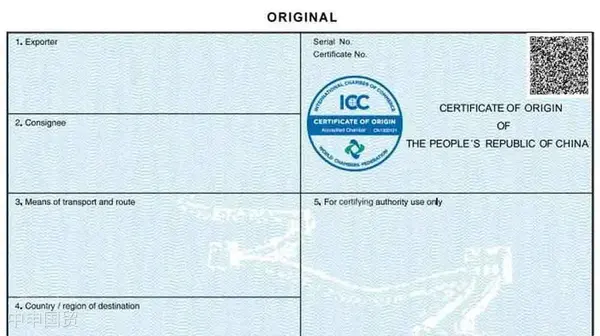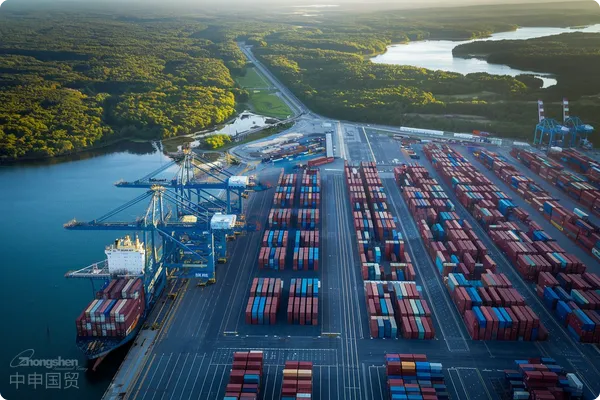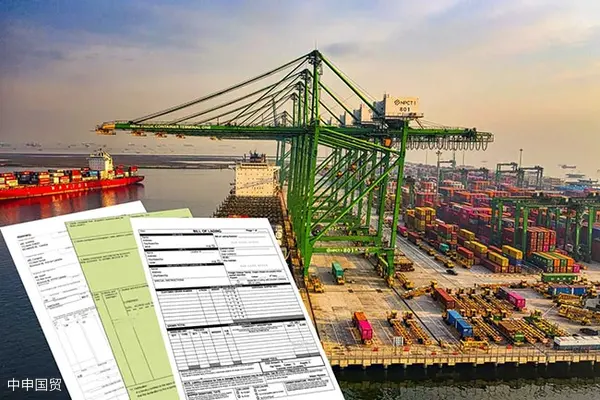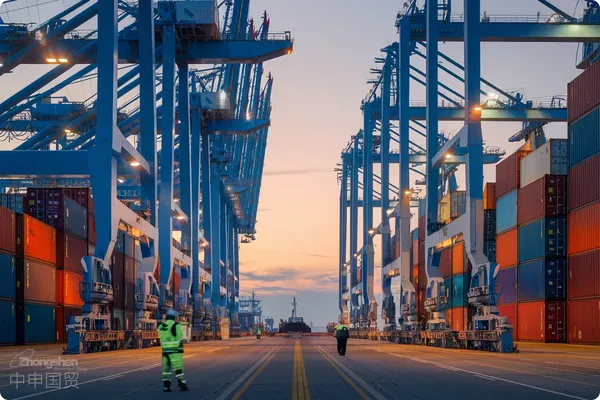- Shanghai Zhongshen International Trade Co., Ltd. - Two decades of trade agency expertise.
- Service Hotline: 139 1787 2118
The import bill of lading is a document that an importer uses to claim goods from the carrier or its agent after the imported goods arrive at the port of destination. The bill of lading is usually issued by the shipping agent or air freight agent. The original bill of lading is issued by the carrier or its agent, and the importer can claim the goods with the original bill of lading.Maritime TransportationorAir TransportationThe bill of lading is proof of the right to the goods and is usually regarded as the ultimate goal of the transaction, because after obtaining the original bill of lading, the importer can pick up the goods with it. Generally, the carrier or its agent will issue an original bill of lading (Original Bill of Lading) before loading the goods, and also keep a duplicate bill of lading (Duplicate Bill of Lading) for contingency. Generally, the importer can only pick up the goods with the original bill of lading, while the duplicate bill of lading is kept as a backup document for use in case of unexpected situations.
Goods cannot be picked up without a bill of lading. This is because the bill of lading is proof of the ownership of the goods, indicating which person or unit the ownership of the goods belongs to. Without the bill of lading, it is impossible to prove the ownership of the goods, and the carrier or its agent will not hand over the goods to someone without a bill of lading.
The bill of lading is usually issued before the goods are shipped or shortly after the goods are loaded onto the ship. The specific time varies according to the regulations of the carrier or its agent. Before issuing the bill of lading, the exporter needs to determine basic information such as the quantity, quality, and destination of all export goods and inform the carrier or its agent of this information. After receiving this information, the carrier or its agent will issue the bill of lading based on it, so that the importer can claim the goods with the bill of lading after the goods arrive at the port of destination.
Confirm the accuracy of bill of lading information: After receiving the bill of lading, the importer should carefully check whether the information on the bill of lading, such as the quantity, variety, packaging, and freight of the goods, is consistent with the actual situation. If there are any discrepancies, the exporter or the carrier should be contacted in a timely manner to negotiate a solution.
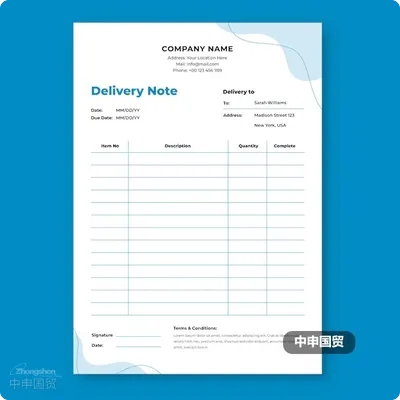
Precautions for Import Bills of Lading
Confirm the accuracy of bill of lading information: After receiving the bill of lading, the importer should carefully check whether the information on the bill of lading such as the quantity, variety, packaging, and freight of the goods is consistent with the actual situation. If there are any discrepancies, it should promptly contact the exporter or the carrier to negotiate and resolve them.
2、Pay attention to the expiration date of the bill of lading: Generally, the bill of lading has an expiration date, which requires the goods to arrive at the port of destination before this date, otherwise the bill of lading will become invalid. The importer needs to track the transportation of the goods in a timely manner to ensure that the customs clearance procedures and goods pickup are completed before the expiration date.
3、Keep the bill of lading properly: The bill of lading is a proof of the right to the goods. The importer should keep the bill of lading properly. If the bill of lading is lost or damaged, it may lead to the inability to pick up the goods, thus affecting business progress and corporate interests. It is recommended that the importer make copies of the bill of lading and file them for backup in case of need.
4、Pay attention to the transfer of the bill of lading: If the importer needs to transfer the right to the goods to others, it can be achieved through endorsement. However, the endorsement needs the consent of the exporter and the carrier, so it is necessary to communicate with the relevant parties in advance and reach a consensus.
In conclusion, the import bill of lading is a necessary document for the importer to pick up the imported goods and is a proof of the right to the goods. Without the bill of lading, the goods cannot be picked up. The bill of lading is usually issued before the goods are shipped or shortly after the goods are loaded on board, and the specific time varies according to the regulations of the carrier or agent.
Related Recommendations
? 2025. All Rights Reserved. 滬ICP備2023007705號-2  PSB Record: Shanghai No.31011502009912
PSB Record: Shanghai No.31011502009912
